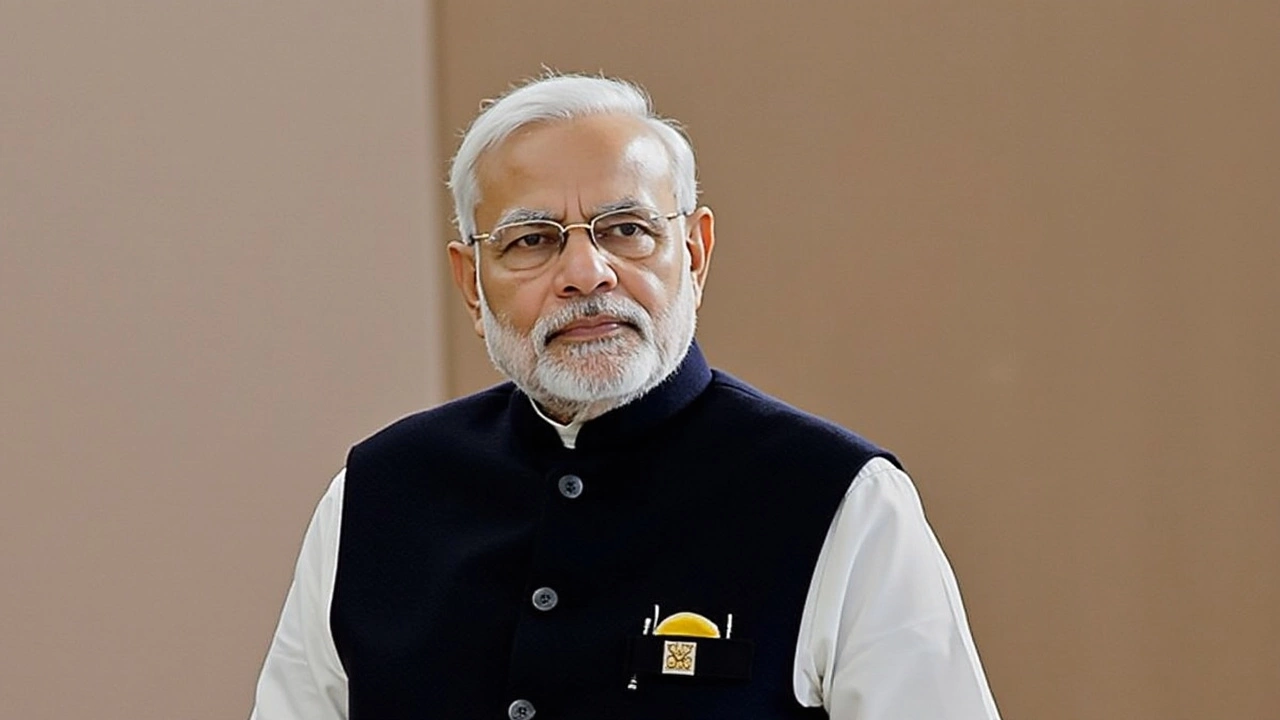Mahatma Gandhi: The Man Who Inspired a Nation
When you hear the name Mahatma Gandhi, you probably picture a humble figure in a dhoti, leading peaceful protests that changed history. That image isn’t just symbolic – it’s the story of a real person who turned non‑violence into a powerful political tool.
Born in 1869 in Porbandar, Gujarat, Gandhi studied law in London before moving to South Africa. There he faced racism firsthand, which sparked his commitment to civil rights. He returned to India in 1915, and within a few years he was spearheading campaigns that challenged British rule without a single bullet.
Early Life and the Freedom Struggle
Gandhi’s first major move was the “Champaran Satyagraha” in 1917, where he helped peasants fight unfair taxes. The success proved that ordinary people could pressure the government through disciplined, non‑violent protest. From there, he launched the famous “Non‑Cooperation Movement” in 1920, urging Indians to boycott British schools, courts, and goods.
Perhaps his most iconic act was the “Salt March” in 1930. Walking 240 km to the Arabian Sea, Gandhi made his own salt to defy the British monopoly. The simple act sparked nationwide civil disobedience and drew global attention.
Gandhi’s Teachings in Today’s World
Gandhi’s core ideas—truth (Satya), non‑violence (Ahimsa), and self‑reliance (Swadeshi)—still resonate. Activists worldwide cite his methods when fighting for climate justice, racial equality, and women's rights. Even corporate leaders talk about “Gandhian leadership” when they promote ethical business practices.
His famous quote, “Be the change you wish to see in the world,” reminds us that personal actions matter. Whether it’s reducing waste, standing up against injustice, or simply listening with empathy, Gandhi’s lessons are practical tools for daily life.
Critics point out that his approach had limits, especially regarding caste and gender issues. Still, the overall impact of his philosophy is undeniable. He showed that power doesn’t always come from might; it can rise from moral clarity and collective resolve.
For anyone curious about how a single individual can shape a nation, Gandhi’s story is a roadmap. His tactics were simple—marches, boycotts, fasting—but they required massive organization and personal sacrifice. That blend of humility and strength makes his legacy timeless.
At Progressive Broadcast Circle News, we keep the conversation alive by revisiting Gandhi’s ideas whenever they intersect with current events. From climate strikes to political protests, the spirit of non‑violent resistance continues to inspire new generations.
So the next time you see a peaceful rally or hear a quote about truth, think of Gandhi’s enduring influence. It’s not just history; it’s a living guide for building a fairer world.
